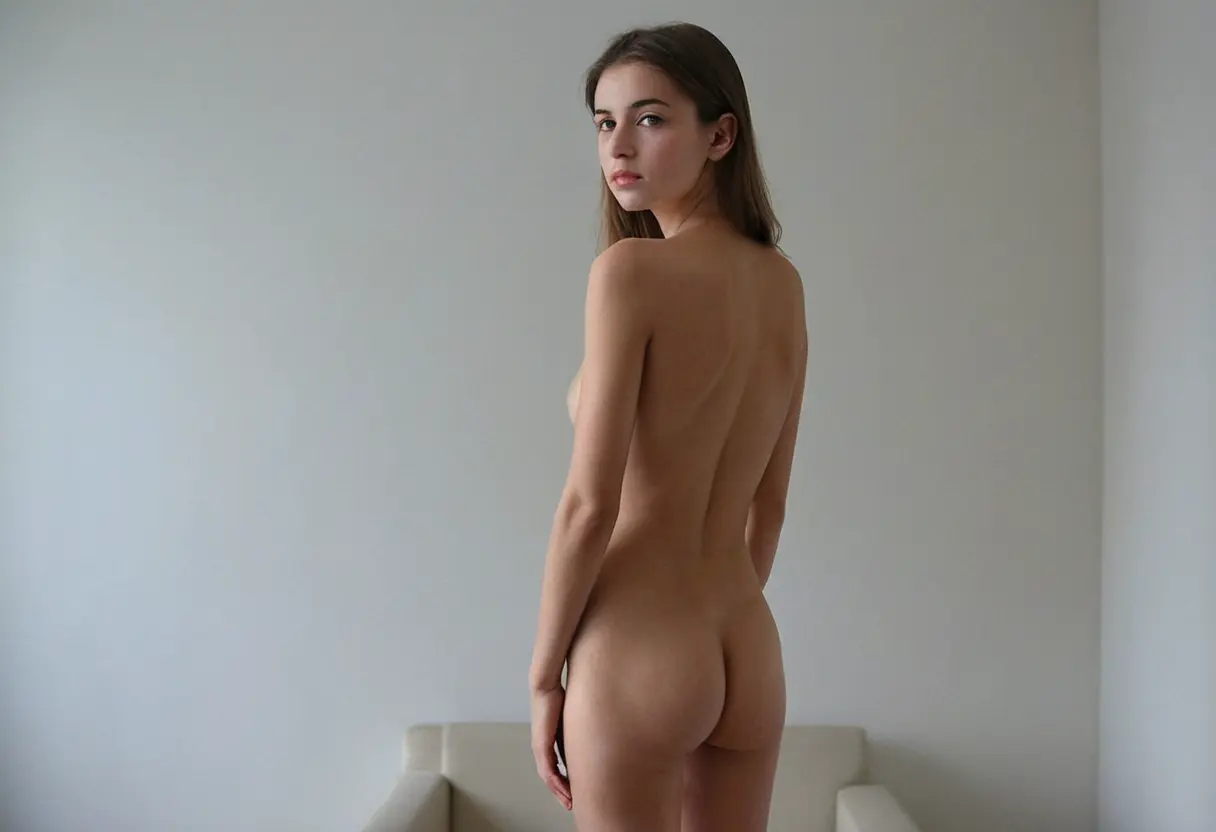The Future of Fashion and Art with AI Driven Nude Imagery
The Future of Fashion and Art with AI Driven Nude Imagery
The intersection of fashion, art, and technology is constantly evolving, and one of the most intriguing developments is the rise of AI-driven nude imagery. This trend not only challenges traditional boundaries but also redefines how we perceive beauty, body representation, and artistic expression. As artificial intelligence continues to innovate, it opens new avenues for designers, artists, and consumers alike. In this article, we will explore the implications of AI in the realm of nude imagery, its impact on fashion and art, and what the future holds for these intertwined fields.
Understanding AI Driven Nude Imagery
AI driven nude imagery refers to the creation of artistic representations of the human form using artificial intelligence technologies. This includes machine learning algorithms and generative adversarial networks (GANs) that can produce realistic images based on data inputs. The capabilities of AI allow for a diverse range of styles and interpretations, enabling artists and designers to push creative boundaries.
By analyzing vast amounts of visual data, AI can replicate various artistic techniques and styles, creating unique nude imagery that resonates with contemporary audiences. This technology also encourages inclusivity by representing diverse body types and aesthetics, breaking away from traditional standards of beauty.
The Role of AI in Fashion
AI's influence in the fashion industry extends beyond nude imagery, but it plays a significant role in shaping trends and consumer preferences. Designers can utilize AI tools to forecast trends based on social media analysis, customer behavior, and market demands. This data-driven approach allows for more targeted and effective marketing strategies.
Moreover, AI can assist in the creation of virtual models and digital clothing, which has become increasingly relevant in today’s digital-first marketplace. The combination of AI with nude imagery can inspire new fashion collections that challenge conventional designs while promoting body positivity. Brands are experimenting with AI-generated models that reflect a broader spectrum of identities and shapes, enhancing representation in fashion shows and advertising campaigns.
The Artistic Perspective
In the art world, AI driven nude imagery raises questions about authorship and creativity. Artists can leverage AI tools to explore new techniques and concepts, blending human intuition with machine-generated ideas. This collaboration can result in groundbreaking art forms that might not have been possible through traditional means.
Additionally, AI-generated art can provoke discussions about the nature of art itself. As AI takes on more creative roles, the definition of an artist is evolving. Are the creators of AI algorithms the true artists, or is the AI itself the artist? This debate adds depth to the appreciation of nude imagery in contemporary art, inviting audiences to consider the implications of technology on human expression.
Ethical Considerations
The emergence of AI driven nude imagery also raises ethical concerns. Issues such as consent, representation, and the potential for misuse are paramount in discussions about AI in art and fashion. Artists and designers must navigate these complexities to ensure that their work respects individual rights and promotes positive body image.
Furthermore, the accessibility of AI tools means that anyone can create nude imagery, which could lead to the exploitation of models and subjects without proper consideration. It is crucial for the industry to establish guidelines and ethical standards to prevent misuse and undress ai toolpromote responsible creativity.
The Future Landscape
Looking ahead, the future of fashion and art with AI driven nude imagery is promising yet uncertain. As technology continues to advance, we can expect even more innovative applications of AI in these fields. Virtual reality, augmented reality, and enhanced personalization will likely shape how audiences engage with art and fashion.
Moreover, the democratization of art through AI tools may lead to a renaissance of creativity, allowing more voices to be heard in the industry. This shift could ultimately transform the landscape of fashion and art, making it more inclusive and representative of diverse human experiences.
Conclusion
In conclusion, the integration of AI in nude imagery represents a significant shift in the fashion and art industries. By embracing this technology, we can explore new forms of expression, challenge conventional beauty standards, and promote inclusivity. However, as we navigate this evolving landscape, it is essential to address the ethical implications and ensure that creativity remains grounded in respect for individuals and diverse representation. The future is bright for AI driven nude imagery, offering endless possibilities for artistic and fashion innovation.
